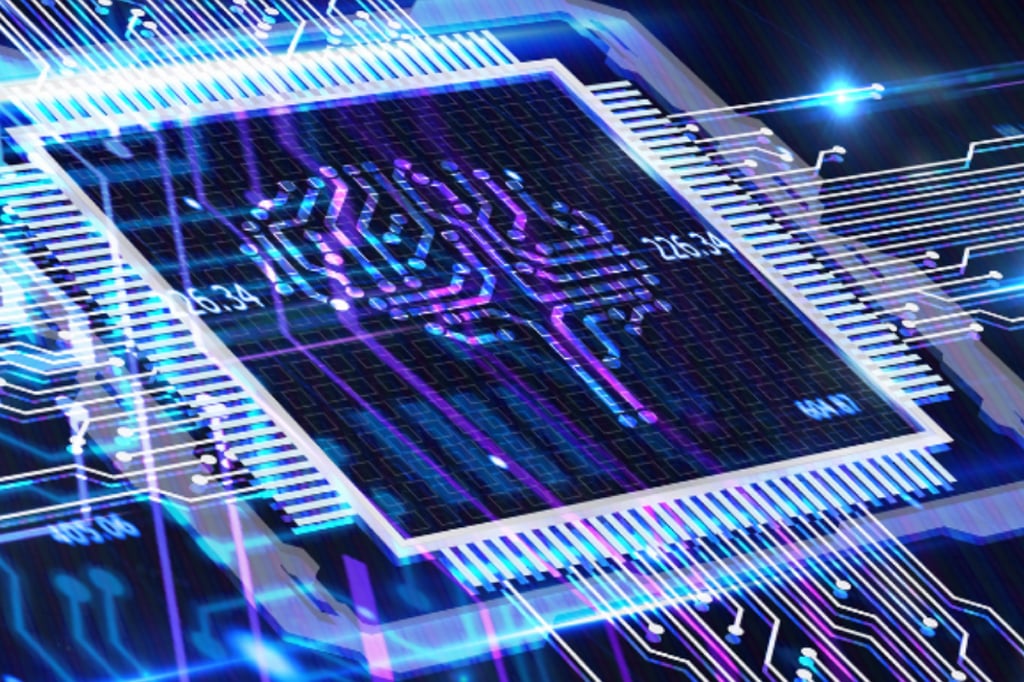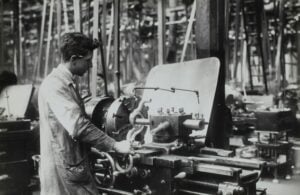Related to our post last week about the artificial intelligence opportunities present in the manufacturing space, there are also implementation challenges for the industry to overcome before fully integrating artificial intelligence (AI)
The pesky hurdles:
One of the main challenges to the implementation of AI and machine learning is the lack of effective IT support in manufacturing companies. Even in many Fortune 500 firms, production in factories is not sophisticated due to restrictions from IT, which limits operators’ ability to digitize their processes. A high bar for security, a resistance to cloud adoption for data storage, and favoring approved technology vendors versus new vendors can all contribute to an environment that is not conducive to AI insights.
IT organizations are also struggling with managing industrial data. There are a wide variety of data formats and inconsistent systems to consolidate, which is a major challenge to implementing AI solutions.
The last common roadblock to the implementation of AI-powered technologies in manufacturing companies is the resistance to change. As part of an industry that has kept similar processes in place for a long time, manufacturing companies are wary of making changes that may disrupt the familiarity of current operations. Manufacturing employees may resist technological changes out of a fear of job replacement by robots. Although some jobs have the potential to be automated, many others — such as careers for programmers and developers — will be created from the implementation of AI technologies.
A significant amount of trust in artificial intelligence and machine learning is needed to allow the technology to utilize data and provide solutions for the companies approaching implementation. Artificial intelligence vendors must communicate how the technology reached certain conclusions (commonly referred to as explainable AI). Further, successful proof-of-concepts among manufacturing companies will set a precedent to incorporate new technologies to improve operations.
None of these challenges appear to be insuperable, but overcoming them will be the crucial first step to making the manufacturing industry smarter. Without a proper foundation for AI, manufacturing companies will not be able to experience the future benefits from utilizing these technologies and the ones to come.
What’s to come:
The future of artificial intelligence is an exciting space. One application early in its adoption curve is augmented reality (AR). Mixing reality with the digital world has tremendous benefits, especially for companies and industries with an aging workforce. Combining AR with other AI analytics technologies will give workers the opportunity to view conditions of processes in real time with prescribed solutions to any potential problems. In addition to improving operations, the technology provides manufacturing companies with a way to preserve process knowledge.
From cultivating innovation in R&D to bringing certainty to assembly line processes, artificial intelligence opportunities are present in the manufacturing space. The next step for the industry is making full use of the technology to improve the bottom line, serve as a resource for employees, and satisfy customers with timely, dependable products. Although the “Brilliant Factory” may not be attainable right away, the steps are definitely in place to arrive there.
















